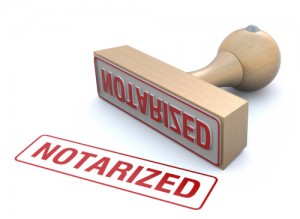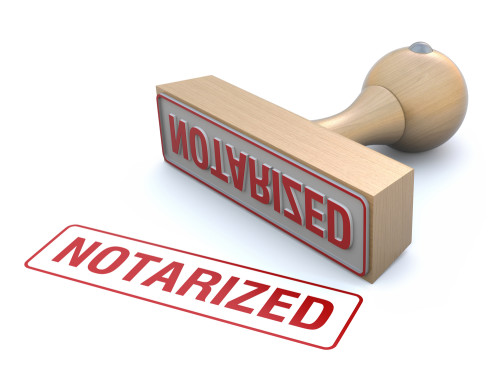What happens when you set up an appointment with a notary is that they assist you with all the legalization of documents you wish to have.
 You may be able to contact them through their website, hotlines, banks or local mailing offices near you.
You may be able to contact them through their website, hotlines, banks or local mailing offices near you.
There are some limitations of notary service, such as the incapability of preparation of documents. Legal advice is also a limit, especially when they are not law practitioners themselves. These people have lesser powers compared to the common and civil law notaries, especially in the United States. However, these two are the only limitations of the notary or the notary public compared to law practitioners.
Explaining what a notary public really is will give you a helpful decision on what to choose when you need certain services. When we say notary public, these are officers of the public who are constituted or authorized by the law to serve the public people with any concerns which are non-contentious; this basically means that the matter is related with the concerns of deeds as well as with the power of attorney.
The primary duty of the notary is to administer the affirmations as well as oaths, declarations and the provision of affidavits. They also work for documents’ execution as well as the providing acknowledgement to any documents which need it. The said differences between the civil and the common law notaries will guide you toward whom call when you need services.
Reducing fraud probability is the main function of the public notary, through being the witness of any written document. These are the important things to know when it comes to notary concerns.

